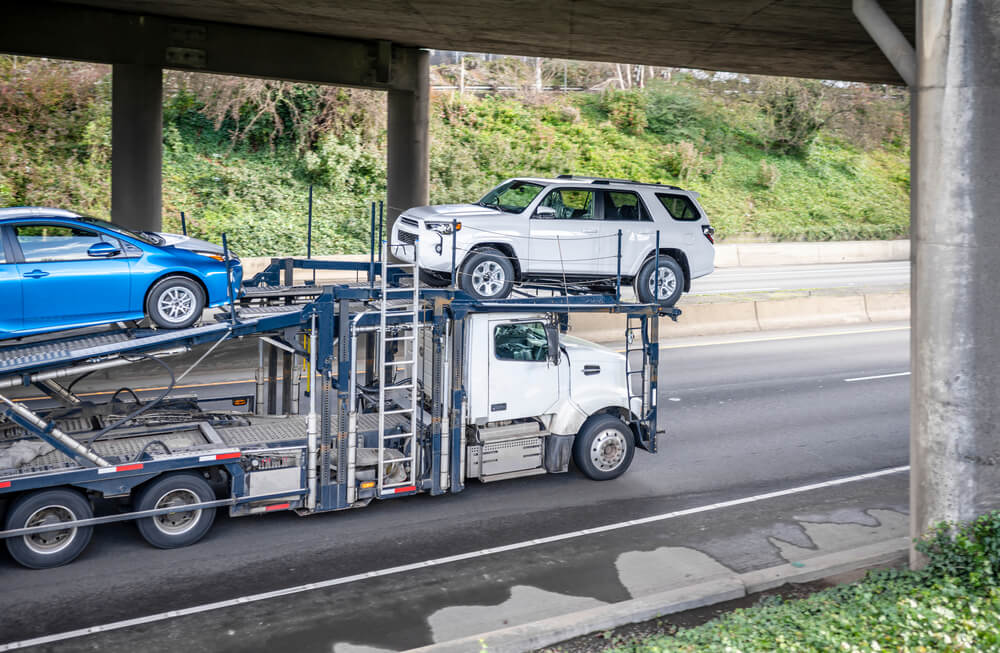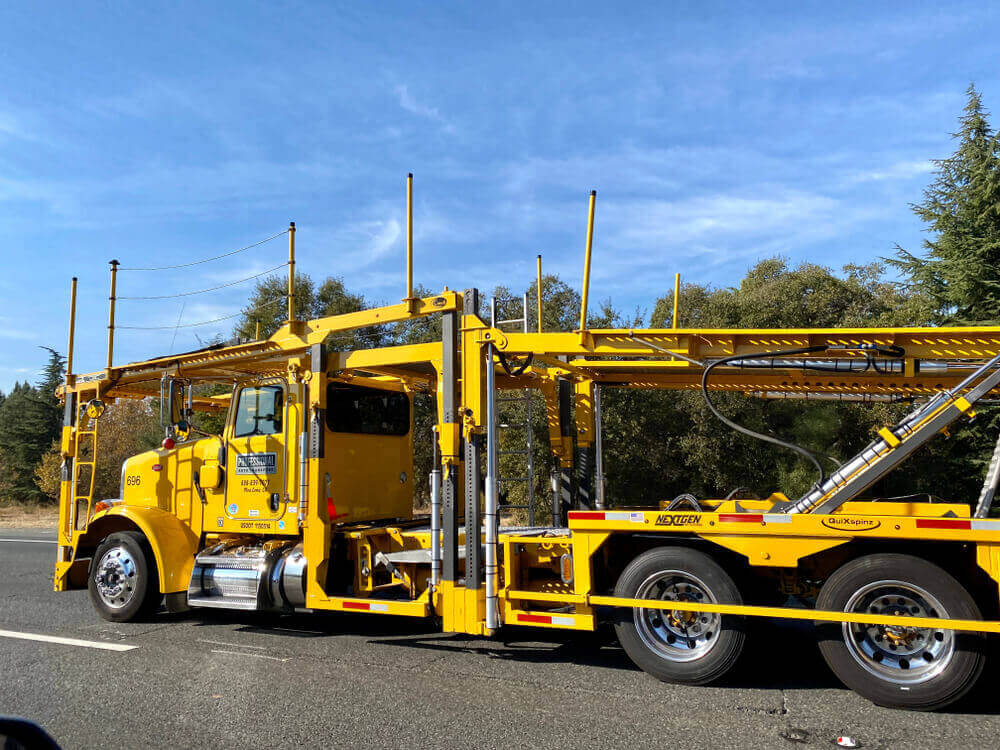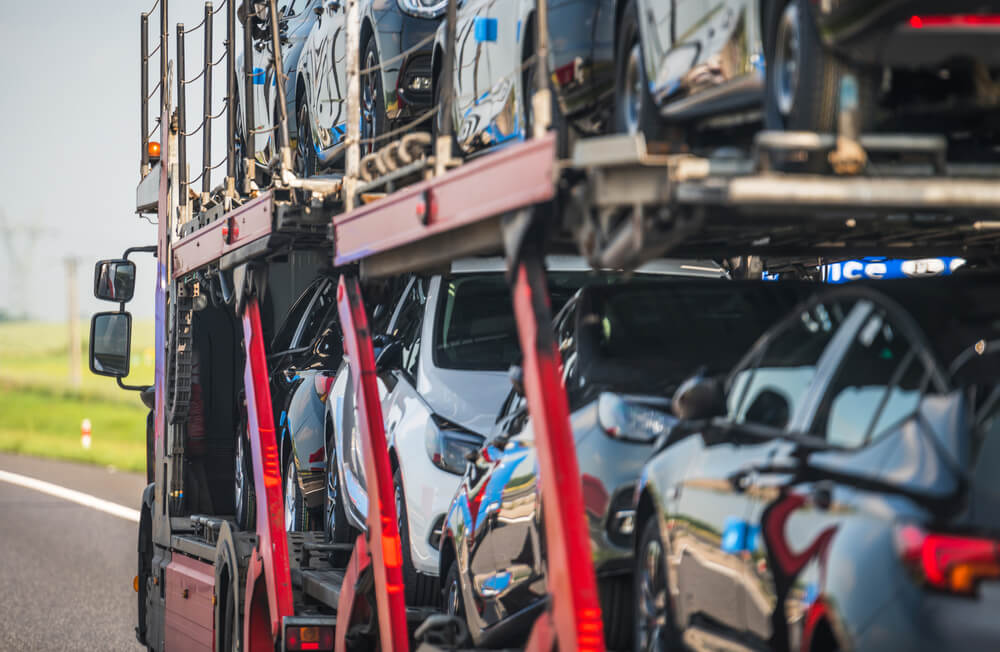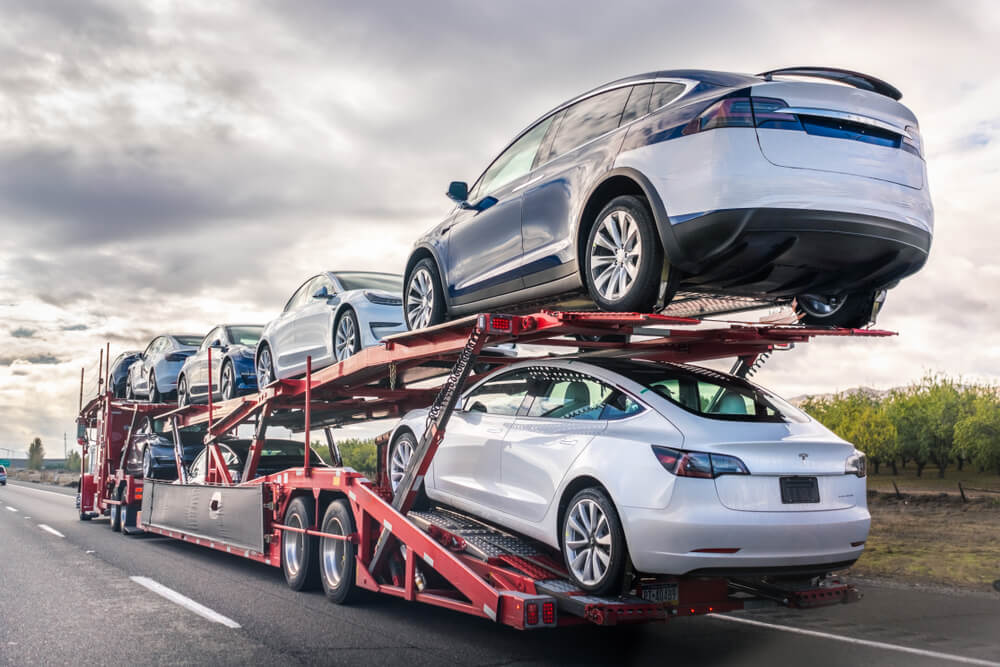
Transportation is the lifeblood of modern society, enabling the movement of goods, people, and ideas across vast distances. From the earliest days of human civilization, the need to transport resources and people efficiently has driven innovation and shaped the course of history. Today, the transport process is a complex network of interconnected systems, involving various modes of transportation and intricate logistical operations. https://www.khaleejtimes.com/kt-network/joe-webster-shipping-cars-to-dubai-from-us-can-sometimes-make-financial-sense-for-car-buyers
Understanding the Transport Process
At its core, the transport process involves the movement of goods or people from one location to another. However, beneath this seemingly simple concept lies a multifaceted system that encompasses planning, infrastructure, regulations, and technology. Whether it’s the shipment of goods from a manufacturer to a retailer or the daily commute of millions of individuals to their workplaces, the transport process plays a crucial role in sustaining economic activity and social interactions.
Modes of Transportation
One of the fundamental aspects of the transport process is the choice of transportation mode. Each mode offers distinct advantages and disadvantages, depending on factors such as distance, speed, cost, and the nature of the cargo. The primary modes of transportation include road, rail, air, water, and pipeline.
Road Transportation: Roads are the backbone of transportation networks in many regions, offering flexibility and accessibility for both freight and passenger transport. Trucks and automobiles dominate road transportation, providing door-to-door delivery and last-mile connectivity.
Rail Transportation: Railways are renowned for their efficiency in transporting large quantities of goods over long distances. Trains offer high capacity and energy efficiency, making them ideal for bulk cargo such as coal, grain, and raw materials.
Air Transportation: Air travel revolutionized global connectivity by drastically reducing travel times across continents. While air transportation is unmatched in speed, it is typically reserved for high-value or time-sensitive cargo due to its relatively high cost.
Water Transportation: Maritime transport remains one of the most economical ways to move goods in large quantities, especially over long distances. Ships can carry diverse cargo ranging from containers to bulk commodities, facilitating international trade and commerce.
Pipeline Transportation: Pipelines are indispensable for transporting liquids and gases, such as crude oil, natural gas, and water. Pipeline networks crisscross vast distances, delivering essential resources to industries and consumers.
Logistical Operations
Behind the seamless movement of goods and people lies a complex web of logistical operations. This includes planning routes, scheduling transportation, managing inventory, and optimizing supply chains to minimize costs and maximize efficiency. Modern technologies such as GPS tracking, RFID systems, and logistics software have revolutionized the way logistical operations are conducted, enabling real-time monitoring and optimization of transportation processes.
Challenges and Innovations
Despite advancements in transportation technology, the transport process is not without its challenges. Traffic congestion, infrastructure maintenance, environmental concerns, and regulatory compliance are among the key issues facing the transport industry. However, these challenges have also spurred innovation, leading to the development of sustainable transportation solutions, such as electric vehicles, high-speed rail, and alternative fuels.
The Future of Transport
As we look to the future, the transport process is poised for further transformation. Emerging technologies like autonomous vehicles, drones, and hyperloop systems hold the promise of revolutionizing how we move people and goods. Moreover, the shift towards sustainable transportation practices will be critical in addressing environmental concerns and reducing carbon emissions.
In conclusion, the transport process is a dynamic and essential aspect of modern society, shaping economies, cultures, and lifestyles around the world. By understanding the intricacies of transportation modes, logistical operations, and emerging technologies, we can navigate the challenges and opportunities that lie ahead, ensuring a more efficient, sustainable, and interconnected future.


